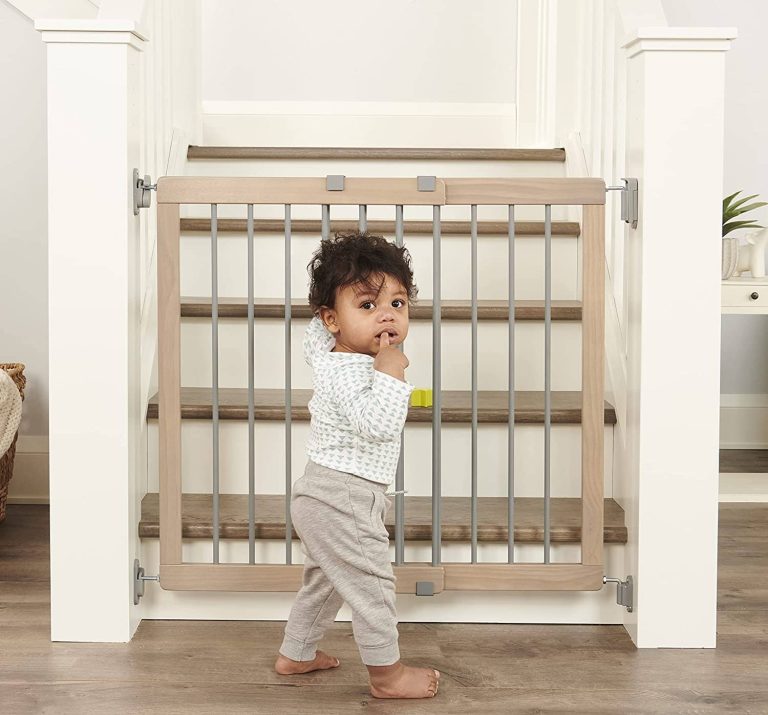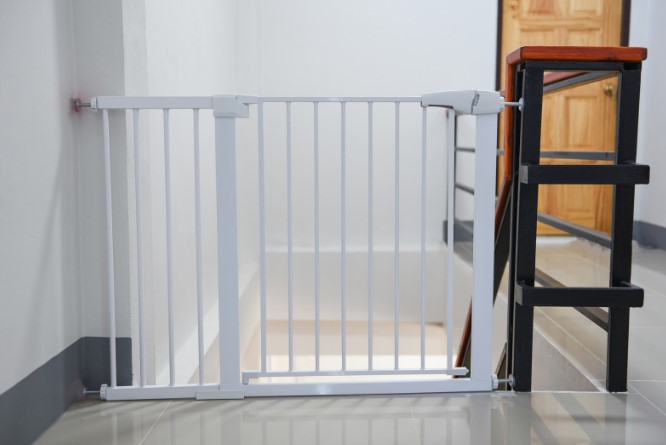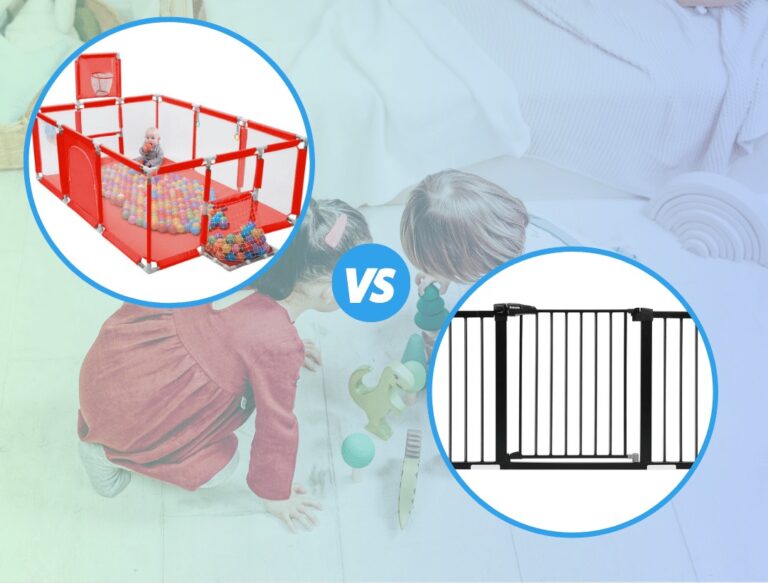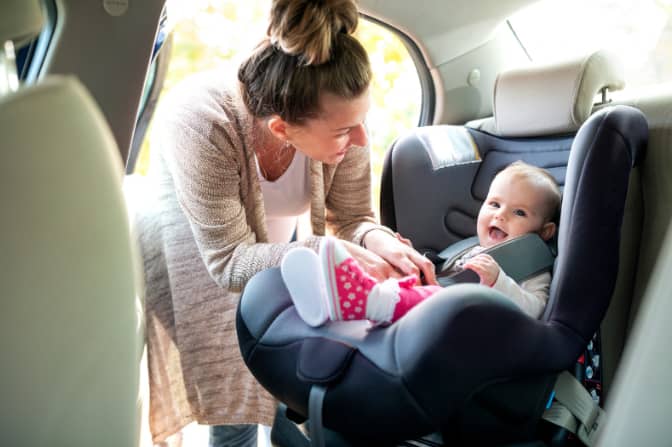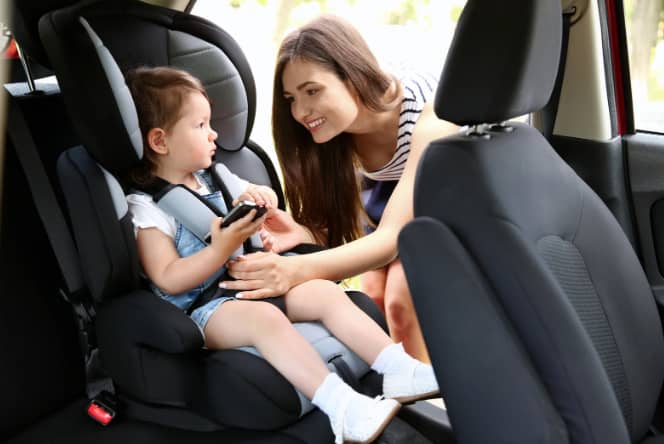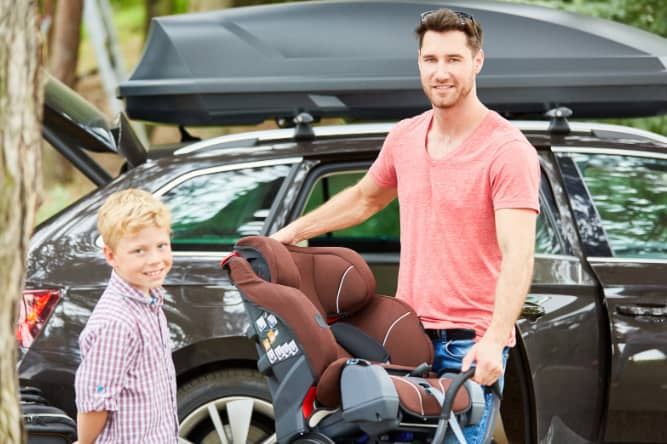If you are a low-income family in Massachusetts and are in need of a free car seat, this article is for you. Here, you will find a list of programs that offer free car seats to low-income families in Massachusetts. You will also find information on alternative ways of finding free car seats, as well as the car seat laws in Massachusetts.
Free car seat programs in Massachusetts (2022)
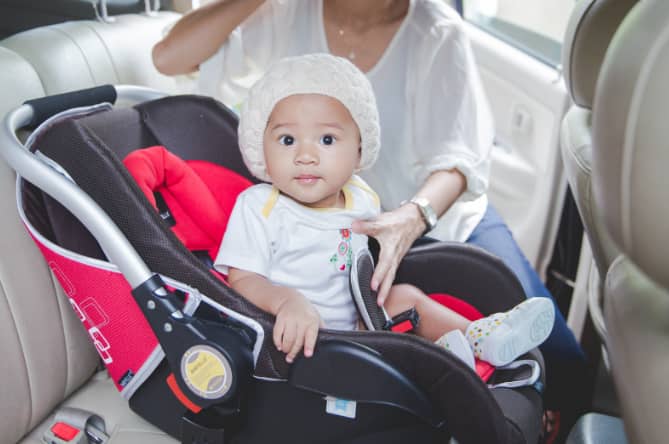
Boston Children’s Hospital
Boston Children’s Hospital has an Injury Prevention Program that offers free car seats to low-income families. The program is aimed at reducing the number of injuries and deaths caused by car accidents. The hospital’s safety instructors and technicians provide free training on how to use car seats correctly. They also offer tips on how to place a child in a car seat and how to keep the child safe during the ride. For more information, call the Injury Prevention Program at 617-355-7332.
Boston Medical Center
Boston Medical Center helps families who lack money and offers educational sessions for parents, supervised by technicians and instructors for kids’ safety.
It is required by law in Massachusetts that all kids under 8 years old are fastened in car seats. Boston Medical Center has a great free car seat program to help with that. Mothers should contact the center one month before the delivery date to request their free car or booster seat. You can call them at 888-566-0010.
Alternative programs to get a free car seat in Massachusetts
WIC is the first place to go when searching for a free car seat (Women, Infants, and Children). Inquire about their free car seat program if you are currently enrolled in WIC. In exchange for attending a brief lecture on car seat safety and usage, most WIC programs provide a voucher to purchase a car seat. If your local WIC does not provide such a program, you can inquire about alternative programs/charities/locations that may be able to assist you.
Medicaid is another possible source of a free car seat. Check your eligibility for Medicaid, particularly for a car seat, by submitting an online application through the Health Insurance Marketplace. Before approving a free car seat, Medicaid often requires enrollment in a brief course on car seat safety. The purpose of the training is to raise awareness regarding the use of car seats and correct installation procedures.
Safe Kids Worldwide is a global organization dedicated to protecting children from harm. Safe Kids has approximately 400 coalitions and 30 international partners in the United States. Safe Kids is a useful resource if you want assistance with car seat installation or locating financial aid.
Safe Kids provides child passenger safety technicians (CPSTs) with intensive training on all aspects of car seats, including new car seats on the market and evolving safety regulations. Technicians must finish a 40-hour training program to become CPSTs. Here you may locate and contact your community’s Safe Kids coalition.
Baby 2 Baby is a nationwide charity that aims to assist children ages 0-12 who are living in poverty. Baby 2 Baby connects with and gives to several organizations around the nation that assist provide parents and children with basic necessities. Seven years ago, Baby 2 Baby assisted in the distribution of approximately 50 million goods to families. Depending on where you reside, one of their partner organizations may provide you with a free car seat. Here you may look for a local partner.
Some hospitals provide car seats at a substantial discount, but not for free. They will assist you in locating locations that may provide free car seats or brands with affordable solutions. Local government offices that serve women and children are an essential resource for such matters. The Women, Infants, and Children (WIC) office in your area and the Department of Child Services are your best alternatives.
“211” is a United Way service that links you to the nearest 211 contact center. Approximately 334 million people in the United States have access to 211, which is offered in all 50 states. This program can aid you with locating resources such as food, rent assistance, and inexpensive car seats.
If you are having trouble finding an economical car seat, your local CPST is an excellent resource. CPSTs must continually undergo further training and be knowledgeable about all available car seats. Numerous police and fire personnel are also CPST-certified. Even if they are not, the majority of police and fire agencies have the resources necessary to direct you to the correct location.
You may also seek assistance from your local church, which would gladly put you in touch with a charity or organization that gives resources to low-income families.
What are the car seat laws in Massachusetts?
According to the car seat laws in Massachusetts, all children riding in passenger motor vehicles must be in a federally-approved child passenger restraint that is properly fastened and secured until they are 8 years of age or over 57 inches tall. Children older than 8 years of age or taller than 57 inches must wear seat belts.
Final Thoughts
In conclusion, we hope the information we have discussed above was able to help to find free car seat programs in Massachusetts. If you fail to find any free car seat program in Massachusetts, try to reach your nearest police/fire departments, most police/fire departments have the resources needed to help you find free car seat programs if your state has any.

